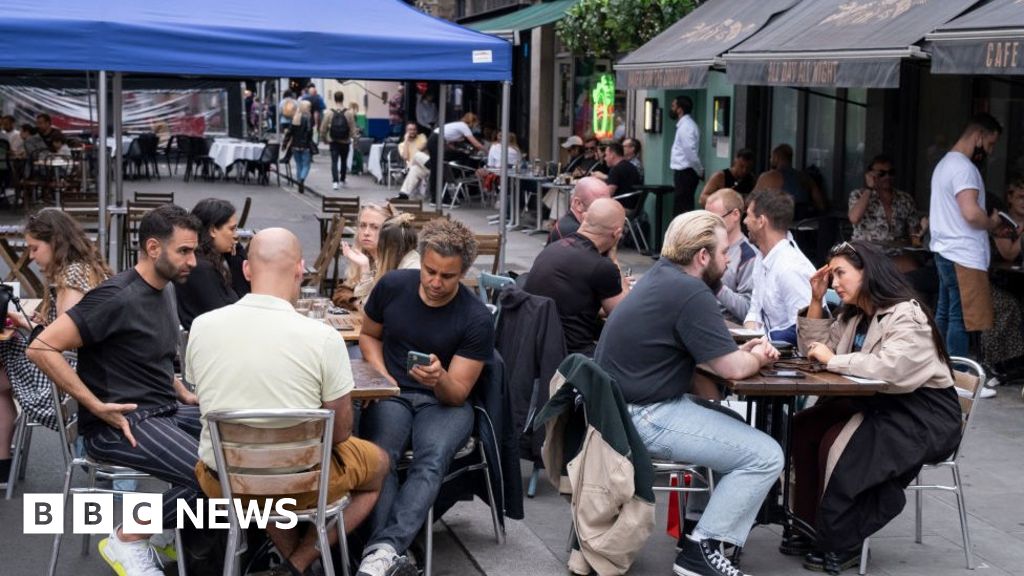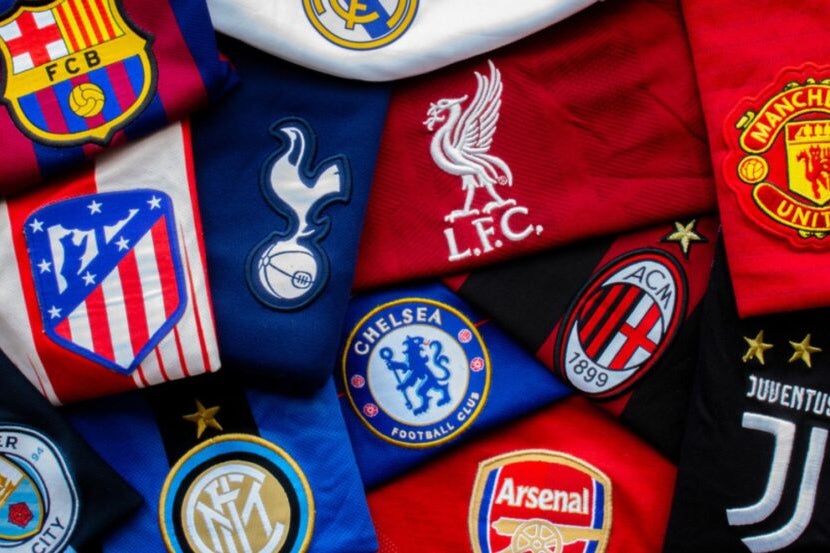image courtesy of Getty Images As part of a government initiative to help the hotel industry recover, pavement dining and outside pint licenses will be extended for another year in England. Hospitality was one of the hardest-hit industries during Covid, but it has made a significant comeback in recent months. However, the industry continues to face issues, including a persistent workforce shortage and the irreversible closure of roughly 10,000 licensed establishments. Pavement licensing, according to UK Hospitality, is a “huge boost” for companies. As part of its new hospitality policy, the government will endeavor to make job openings in the industry more visible to job searchers. What will the atmosphere be like in pubs, cafes, and concerts starting July 19? Self-isolation regulations should be abolished as soon as possible, according to businesses. Small business minister The government initiative, according to Paul Scully, would “explore new choices for vocational training and help further increase the sector’s inventiveness and environmental friendliness.” image courtesy of Getty Images According to the BBC, the policy will “enable our sector to drive” wider economic recovery, according to Kate Nicholls, CEO of industry association UK Hospitality. “The extension – and likely permanent retention – of streamlined pavement licensing is a tremendous boost for pubs, cafes, and restaurants, who will be overjoyed to be able to continue to utilise outdoor areas, assisting them in returning to profitability more quickly,” she added. The UK economy rose by 0.8 percent in May, thanks in part to the reopening of indoor hospitality, which resulted in a 0.9 percent increase in the service sector. Ms Nicholls, on the other hand, recently told a group of MPs that the industry had accumulated £2.5 billion in rent debt. “If hospitality is to quickly revive and drive a national recovery, building and training our workforce is a top priority,” she added. “It’s incredibly positive that a key part of this strategy is focused on addressing current recruitment challenges and raising the profile of long-term sector careers.” The government’s strategy will also emphasize carbon reduction and collaboration with businesses to cut trash and plastic usage. Ellie Gill’s image is licensed under a Creative Commons Attribution 3.0 Ellie Gill, landlady at The Grapes in Bath, revealed that her business would not have been able to operate last April without takeaway pints and outside space. Inside, the pub can seat 35 socially distant patrons, but with the pavement licenses, she could double the capacity and seat an additional 40 people outdoors. “With the number of instances going on, many prefer to sit outside,” she explained. The pub is testing so-called ‘parklets,’ which convert underutilized parking spaces into additional outside dining area, as agreed by the council. She told the BBC that it had “enlivened Bath.” “If we’re looking at a future with pandemics, we need to enable seats outside and reduce city traffic and pollution in order for businesses to thrive.” However, for many people, outdoor hospitality has caused accessibility concerns. Access to specific streets and city centers has been restricted for some disabled persons, particularly wheelchair users. Katie Pennick, an accessibility campaigner, told the BBC that the initial pavement permits were “vague” in terms of ensuring that accessible access paths are maintained. Despite the fact that her wheelchair is only 23 inches wide, she stated she had a difficult time getting down a street on a Friday night. image courtesy of Getty Images The pavement license, according to David Taylor, owner of London’s Balans restaurants, has been a “life-saver” for his business. His two restaurants on London’s Old Compton Street have each been able to attract an additional 30 clients. However, Mr Taylor told the BBC that there are bigger issues that firms like his face. “If the government truly wants to get restaurants back on their feet, they must address the extremely high business rates and VAT – that should be their top concern.” Mr Taylor told the BBC that Westminster Council has notified him that gazebos and heaters for his pavement dining table will be prohibited as of Monday, and he believes there may be exceptions to the new government approach. “Unlike at the beginning of the crisis, we’re on the government’s radar now—now that they’ve realized how many people work in the industry, let’s see if they follow through with meaningful assistance,” he said. Local governments “will need to show flexibility and understanding towards companies, not just in the pavement licenses but in opening up high streets and other locations to the public and for commerce,” according to Mark Laurie of the National Caterer’s Association (NCASS). The pavement licenses have been a “lifeline to many of the independent hotel businesses we represent,” according to Mr Laurie. “Al fresco dining is safer, more enjoyable, and beneficial to companies, at least while the weather permits. It’s not a magic bullet, but it’s an important component of the puzzle “he stated The creator of the UK-wide campaign organization Save The Street, Ross Bailey, concurred, saying that extending the license was the “correct move.” “The extension will allow businesses to take advantage of the tremendous demand that has arisen as a result of the lockdown. The street has come alive again, and it is lovely to witness “he stated Industry of Hospitality Restaurants Pandemic of Coronavirus Pubs/n
Read MoreCovid: Al fresco dining to become a High Street fixture in England
2021-07-15T23:00:32-04:00July 15th, 2021|





